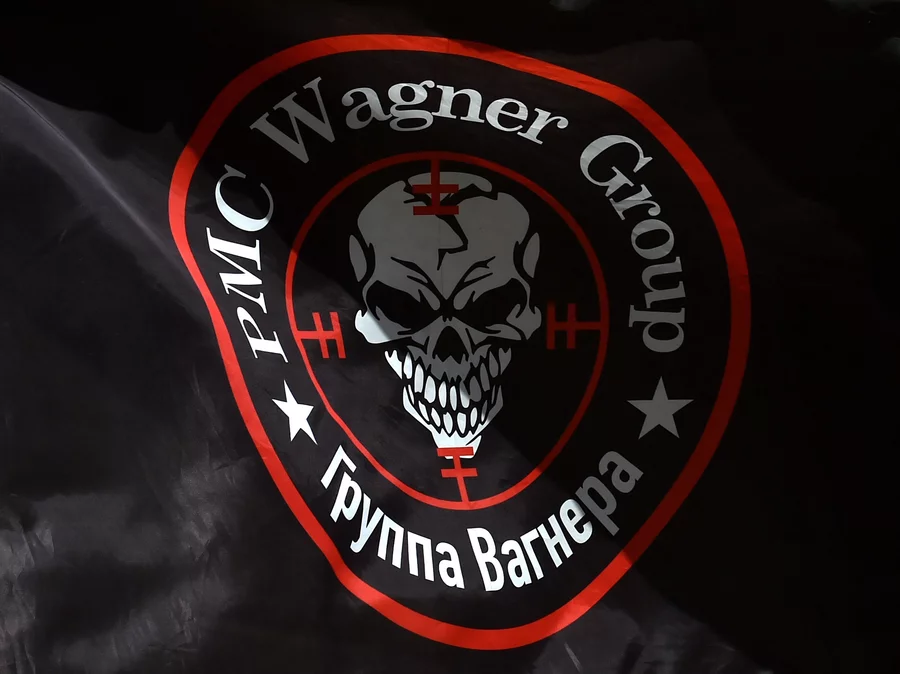A comprehensive report titled “The Blood Gold Report” sheds light on the nefarious activities of the Wagner mercenary group, revealing how the organization exploits gold mining operations in Africa to channel approximately $2.5 billion back to the Kremlin. Despite widespread global sanctions that aim to isolate the Russian economy, Wagner has devised intricate mechanisms to fund its operations and support Russia’s war efforts, particularly the invasion of Ukraine.

The report, a collaborative effort by the Consumer Choice Center and Democracy 21, a non-profit focused on tracking corruption and advocating for government transparency, delves into Wagner’s activities in three African countries: Sudan, Mali, and the Central African Republic (CAR). These nations have become focal points for Russia’s “blood gold” trade, illustrating the modus operandi of Wagner and its increasing economic and political influence on the continent.
The term “blood gold” is coined to describe gold mined and laundered into international markets to finance the Russian state, enabling it to wage wars of aggression in Ukraine and commit atrocities in various regions, including Syria and Africa. The report aims to draw attention to the symbiotic relationship between Wagner, often labeled as a “private military contractor,” and the Kremlin’s pursuit of geopolitical goals.
The model employed by Wagner involves establishing collaborative arrangements with regimes in target countries. Notably, Wagner’s engagement in Africa predates the full-scale invasion of Ukraine, with activities dating back several years. For instance, in the CAR, Wagner has been operating in collaboration with the local regime since 2017. In exchange for propping up the regime, Wagner enjoys exclusive mining rights, exemplified by its control over the country’s largest gold mine. The mercenary group acts as a de facto private security company, providing physical and political protection to the regime, while also employing tactics such as disinformation and hybrid warfare against opposition groups.
The process of laundering the gold involves complex routes, with significant quantities being sold, smuggled, and refined through various channels. Notably, the gold often finds its way to international markets through the Middle East, particularly in the Dubai gold market, as well as via China and Hong Kong. Elaborate networks of front and shell companies facilitate the movement of funds, making it challenging to trace the illicit financial transactions.
Despite two years of international sanctions imposed on Russia, the report indicates that the effectiveness of current sanctions against Wagner is mixed. While some impact has been observed, the $2.5 billion channeled in just over a year and a half underscores the enormity of the challenge. The report recommends a more robust approach, emphasizing the need to target both the supply and demand sides of the blood gold trade. This involves expanding sanctions not only against Wagner but also against the regimes contracting its services. By making business with Wagner financially and personally costly for involved governments, the report suggests that such measures could render engagements with the mercenary group unviable and less attractive, thereby reducing its profitability and influence on the continent.

